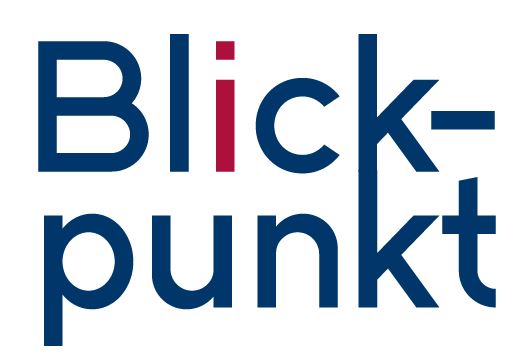
The IParl Blickpunkt analyses political developments in a clear and concise manner. The authors examine issues that are being debated by the general public and shed light on them based on scientific findings. The series publishes analyses, documentaries and policy recommendations with a focus on parliaments and political parties.
Do you have ideas, suggestions or feedback on the IParl Blickpunkt? Then please write to us at blickpunkt@iparl.de or contact the author directly.

Due to the early election of the German Bundestag, intra-party candidate selection also needed to be held earlier than planned. As Anastasia Pyschny, Maura Kratz and Sebastian Unsicker point out in the 17th IParl-Blickpunkt, this had consequences for the process of nominating candidates. In almost all parties, procedural changes were necessary in the internal party nomination process.
The next Bundestag will be elected according to a new Bundestag electoral law, which has been confirmed by the Federal Constitutional Court. Daniel Hellmann sheds light on what the Federal Constitutional Court has confirmed and what it has rejected in the second IParl Blickpunkt aktuell.
This IParl-Blickpunkt deals with the question of whether east Germans are over- or underrepresented among candidates? Additionally, Daniel Hellmann answers, whether there is an development over timerow and whether the title "Ost-Partei" is also reflected in the candidate portfolio?
How can MEPs actually be excluded from their parliamentary groups? Recent developments in the European Parliament show that this question can be of considerable political importance. In the 14th IParl Blickpunkt, Jasper Nebel, Danny Schindler and Oliver Kannenberg compare the rules and regulations of almost 100 political groups from 15 countries on this matter.
The electoral reform has caused political controversy in recent months. But how does the new electoral law work and what is it good for? Which problems are solved and which new ones are raised? Daniel Hellmann sheds light on this in the 13th IParl-Blickunkt.
Article 49.3 of the French Constitution enables the government to pass bills without the consent of the National Assembly, something regularly commented upon. Traditionally of rare occurrence, the number of its uses has skyrocketed in the past year, and even got wide media coverage when it was used to pass a controversial pension reform last spring. This issue of the Blickpunkt takes a deeper look into what this procedure actually is, whereit comes from, how it was used historically, and explains the reasons of its newfound relevance in nowadays French political configuration, as well as its risks for parliamentary democracy.
Article 49.3 of the French Constitution enables the government to pass bills without the consent of the National Assembly, something regularly commented upon. Traditionally of rare occurrence, the number of its uses has skyrocketed in the past year, and even got wide media coverage when it was used to pass a controversial pension reform last spring. This issue of the Blickpunkt takes a deeper look into what this procedure actually is, whereit comes from, how it was used historically, and explains the reasons of its newfound relevance in nowadays French political configuration, as well as its risks for parliamentary democracy.
MPs leaving their parliamentary group in the middle of a parliamentary term is still a rarity in Germany. Nevertheless, a new IParl dataset on changes in parliamentary group membership at federal and state level shows that one or more MPs have (un)voluntarily left their parliamentary group in almost every parliamentary term over the past three decades.
The representational performance of the House of Lords is discussed according to the categories developed in the research. The question is therefore: How is representation organised in the British case (procedure)? Which groups in society are represented, both descriptively and symbolically (representation)? Which interests prevail (content)? The procedure for the appointment of the House of Lords proves to be incomplete and contradictory.
As part of the new IParl research project CandiData, the personnel nominated by the parties to run for parliamentary elections in Germany is being analysed longitudinally. In this issue of Blickpunkt, the project is presented and, as a first step, the question of how high the renewal rate of the parties, understood as the proportion of newcomers among all candidates, is: around six out of ten nominees are standing for the first time.
According to the Berlin Constitutional Court, the administration of the Berlin elections in September 2021 were marred by such a large number of electoral errors that they had to be declared completely invalid and repeated. Wolfgang Zeh discusses the extent to which this court decision should be seen as an "encroachment on correctly acquired parliamentary mandates" and whether the current handling of errors may do more harm than good in the new Blickpunkt aktuell.
The question of whether heads of state governments benefit from an incumbency bonus has hardly been analysed to date: The hypothesis that incumbent prime ministers lose comparatively rarely in state elections has so far remained untested. The new Blickpunkt examines whether it is possible to speak of an incumbency bonus at state level and which factors are increasingly associated with being voted out or re-elected.
The next President of the Fifth Republic will be elected in France on 10 and 24 April. Numerous people run for election. This Blickpunkt shows how the candidates for the elections were selected and examines the question of why the Socialists (PS) and Conservatives (LR) abandoned the method of open primaries, while the Greens (EELV) adhered to this procedure.
Although decisions by second chambers can have a considerable impact on the political process, there is little public interest on these institutions. Franziska Carstensen addresses this gap for the European area and asks how representation in second chambers is standardised under constitutional law, which modes of appointment exist, but also which partial renewal options are provided for through (in)direct elections.
In recent months the East-African Country Tanzania saw the re-election of a coronavirus-sceptical president, his surprising death and elections to the National Assembly in October. Against this backdrop, the Blickpunkt sheds light on the development of election results in Tanzanian parliamentary elections since 1995.
Our fourth Blickpunkt by Benjamin Höhne and Svenja Samstag examines how the question of gender equality in parliaments can be answered in the future. Now that parity laws have failed for the time being, other approaches are needed. The ball is back in the political parties' court. There is no shortage of implementation options, starting with voluntary quotas for women.
Following his election victory last year the new US President Joe Biden has been shaping US politics for 100 days. For our third IParl Blickpunkt, Michael Kolkmann (Martin Luther University Halle-Wittenberg) sheds light on Biden's policy and personnel choices as well as the institutional context.
The 2020 US presidential election has been overshadowed by Donald Trump's accusation that the Democrats stole his victory by postal vote. This development, which is detrimental to the democratic process, should serve as an opportunity to ask how secure postal voting is in Germany? Are electoral fraud and voting errors by postal vote to be expected in the coming super election year?
According to many observers, the outbreak of the novel coronavirus was the "hour of the executive", in which the government had to quickly demonstrate its ability to act. Scrutinising the government is one of the most important tasks of the Bundestag. Opposition parties in particular use formal rights of scrutiny as a publicity tool in order to profile themselves as an alternative to the government. In its first Blickpunkt issue, the IParl shows the extent to which the parliamentary opposition made use of its control options in coronavirus times and what conclusions it should (not) draw from this.


Sign up to receive updates, promotions, and sneak peaks of upcoming products. Plus 20% off your next order.